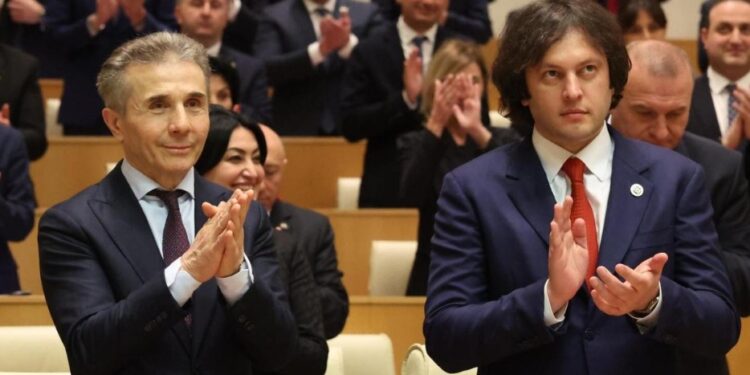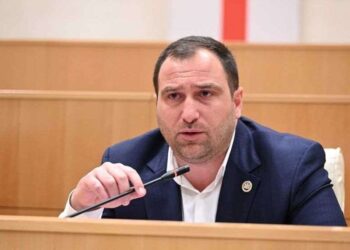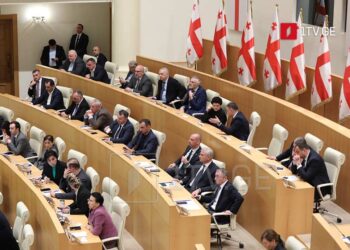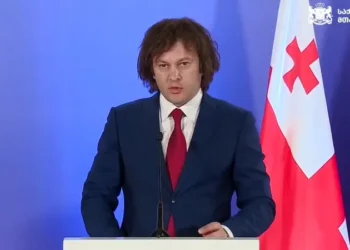Georgia’s ruling Georgian Dream party has passed legislative amendments that ban individuals linked to parties deemed in violation of constitutional principles from engaging in political activities.
The bill was reviewed and approved under an accelerated procedure in parliament.
Georgian Young Lawyers’ Association (GYLA) says the initiative contradicts the Constitution, as it imposes disproportionate and indefinite restrictions on individuals’ political rights, potentially threatening political pluralism in the long term.
Under the new law, individuals associated with such parties will lose their passive electoral rights — they will be barred from running in parliamentary or local elections, holding senior public or political office, or leading constitutionally recognized bodies. They will also be prohibited from party membership, internal political positions, or founding new political organizations.
Parties will be required to avoid any political or legal relations with such individuals, including membership, nominations, or donations. Failure to comply may lead to the party’s deregistration or legal penalties.
In parallel, Georgian Dream plans to file a case with the Constitutional Court seeking to declare several opposition groups unconstitutional — a list Prime Minister Irakli Kobakhidze referred to as the “collective United National Movement,” which, he claims, includes around ten parties such as Lelo and For Georgia.
The ruling party also intends to submit a list of individuals who, it argues, should be banned from political activity. Committee chair Archil Gorduladze said this list may include people who are not formal members of the targeted parties but whose actions “align with their goals.”
GYLA criticized the move, calling it a vague and unjustified form of collective punishment that violates the European Convention on Human Rights (Article 11) and international norms guaranteeing freedom of association. The NGO also warned that the law’s ambiguous definition of who qualifies as “connected to a party” leaves wide room for interpretation and abuse, allowing authorities to restrict opposition activity through court rulings.














